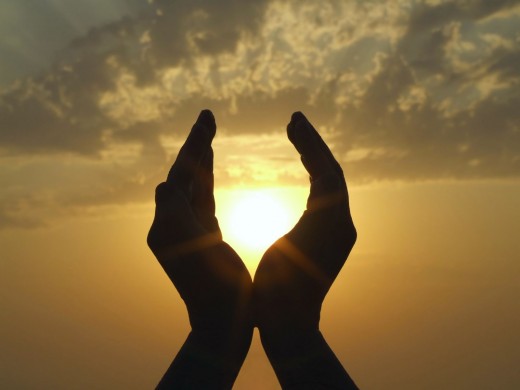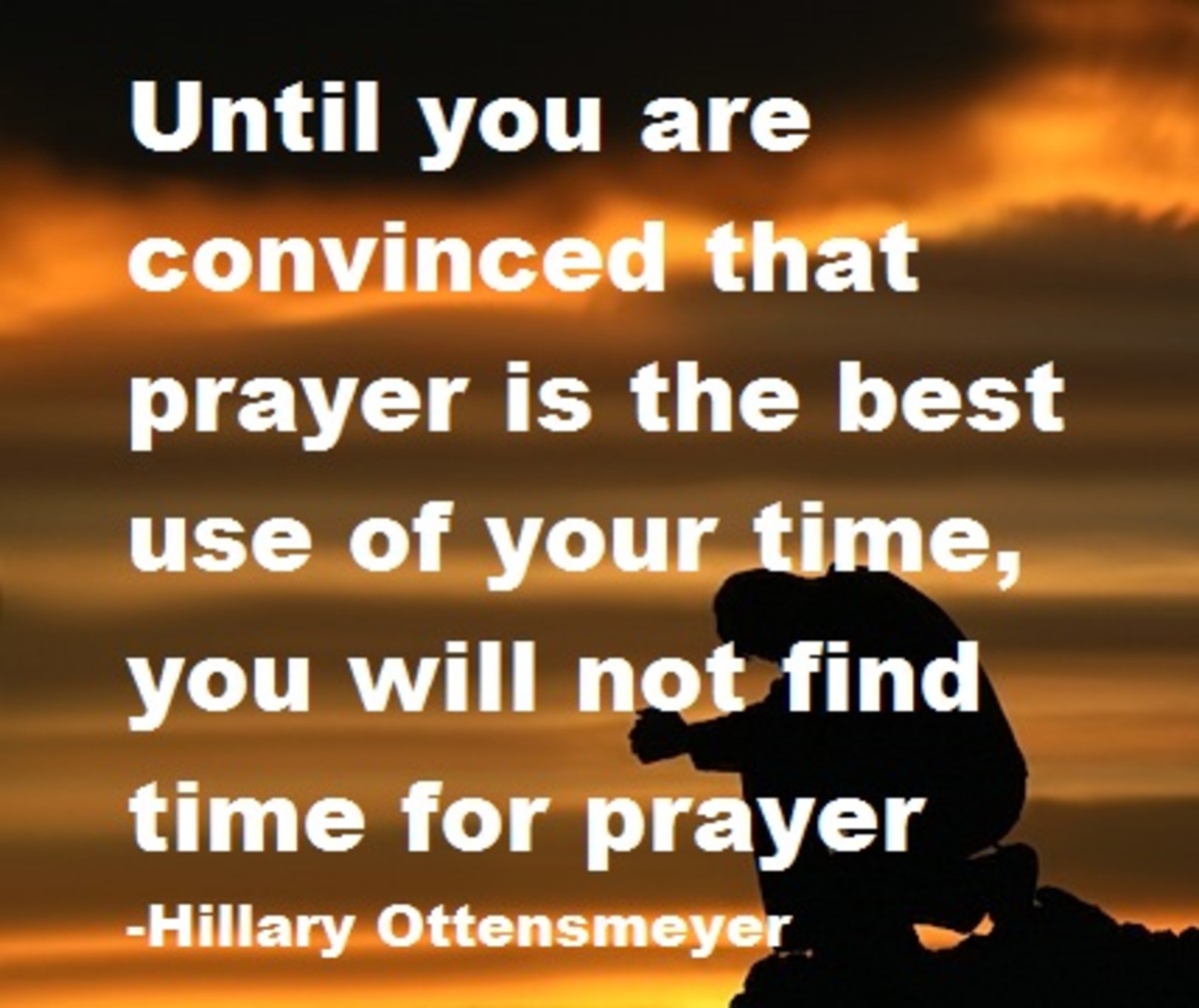The Mythology of Spirituality

Becoming Your Own Guru
When a person calls themselves, ‘spiritual’, there can be several ways to interpret that. But often times no matter the interpretation, there are also certain expectations that accompany that label as well. These expectations are usually set more by the listener than the speaker and many of these expectations are false.
I come from a religious background and do consider myself spiritual though I‘ve divorced the religious aspect from the equation. Yet I still encounter these myths on what others think that looks like for me. Quite arguably, the most spiritual human being in the modern age was Mother Teresa. Originally from Albania, she chose to work in one of the world’s poorest slums in Calcutta, India. Her work in the midst of violent revolts and disease outbreaks since 1952 earned her the Noble Peace Prize, and in a world that held religious institutions in suspicion, few ever questioned that her faith was real and not the product of self-righteousness and political maneuvering.
I remember even as a Christian, how idolized she was when younger Christians were looking for believers to look up to, since even we were starting to become cynical towards our leaders. We heaped our ideas of true faith on her, yet it was eventually discovered that even Mother Teresa was only human.
The publication of letters by the woman many felt should be declared a saint, spoke of someone who suffered deep and agonizing doubts about God’s role, his existence, and a long-time lack of faith and depression. This inner struggle, hidden from others, went on for several years before she was able to come to peace with it; her faith could even arguably be considered spiritual as many of her prayers and latter beliefs don’t follow a Christian script.
So it’s from this point that I delve into some of the myths surrounding being spiritual.

Order and Chaos
The second myth is that people who are spiritual somehow have all their lives together. We probably imagine them to be serene and contemplative people who have reached a state where nothing fazes them anymore and have acquired some super level of wisdom the normal person lacks.
Not true in the slightest.
Spiritual people run the gambit of where their inner worlds are at. While some may have reached a point of serenity, others don’t. If anything, choosing a spiritual path can make their inner lives more arduous, grappling with questions they may not want to deal with. Sometimes they will not share their struggles because they are aware that people look up to them for guidance. The pressure of not wanting to let them down multiplies the struggle because the spiritual person can feel like they’re not where they’re suppose to be for their listeners, as well as themselves.
Also, spiritual people are still people. They can encounter circumstances in their lives that can rattle their spiritual center. The pressure of losing a house or the death of a loved one does have the ability to destabilize spiritual balance. It takes more work than most people realize.

Walking on Water and Through Fire
The third falsehood is that of what a spiritual journey looks like. I’ve had conversations with people where they would tell me their idea of a spiritual journey was more or less like debating at a internalized philosophy meeting and not really accomplishing anything. A spiritual journey is more than that and doesn’t have to be that either. For some it can be a very mystical experience. I’ve had friends take sessions in sense deprivation tanks because they felt they had out of body experiences that lead to them into deeper mysteries of reality.
For others, the spiritual journey goes hand in hand with their everyday lives. The journey of what changes their spirits undergo as they deal with the everyday activities and trying to manage it. Because of this range, it also means that the spiritual journey is not always pleasant. Mother Teresa is said to have experienced a deep sense of isolation from everyone, including god and battled with feelings of abandonment. Though she came through it with a deeper and more profound wisdom that the world knows her for, it came with a price that they were not privy to.
What does spirituality mean to you?
Matters of the Heart
The fourth myth is that being spiritual is the same as relying on your feelings, that any spiritual sense you have is really just another name for how you feel. This is a myth because while emotions are a part of spirituality in some way, it is not its defining factor. It is easy to confuse the two though. Our feelings can often be so intense that it seems it can’t be anything but the truth. People who use their spirituality to connect to the supernatural often use a point of calmness as their reference. By calmness I mean that all emotions are pushed to the way side, like pushing aside a curtain so you can look out a window clearly. This also means that what you ‘see’ may not always be what you want to see. Ironically, if a person finds this happening to them, they can be interpreted as being authentic. Spirituality in this context often has its own truth.
Being a Doubting Thomas
Fifth on the list is that being spiritual means that you no longer have any doubts about your spirituality. This same misconception exists within many organized religions as well, if not being expected of its followers. However, having doubts is part of being human. No matter what we may say, we’ve all had experiences that have caused us to question if we did something right; choosing the right job, should we be dating this person, should I get this house…or etc.
Consider this; most people regard Jesus as a man of high regard, even if they may not believe he was the Son of God. However even according to the Bible, both before he was arrested and before he died, he had his moments of extreme self-doubt about why his life had turned out the way it had. Spirituality can be a journey connected to something beyond us in some degree, but it doesn’t remove our human nature. That we should feel an obligation to not have any doubts would be to deny our humanity.

The Real World of Spirituality
These five myths are pervasive in our thoughts about being spiritual. Some of them come from other’s expectations of us, while other times the falsehoods come from within because of a sense of we feel we should be in a certain state and we’re not. The reality is that ‘spiritual person’ can be a very ambiguous label, and if one is considering calling themselves that, they should consider what their own reasons and expectations.







